It’s always a special moment when new animal babies arrive, and it’s even more remarkable when those babies belong to an endangered species. Recently, Lincoln Children’s Zoo in Nebraska welcomed three red panda cubs—a thrilling milestone for conservation.
The zoo announced yesterday that proud red panda parents, Tián and Rowan, welcomed a set of triplets on August 10. The newborns include one female and two males, and, according to the zoo, Tián is attentively caring for all three. Raising red panda triplets is an unusual feat, but Tián’s experience and the strong bond with her keepers allow the staff to closely monitor the cubs’ health. “The cubs are healthy and thriving,” the zoo shared in a Facebook post, commending the nurturing skills of their experienced mother.
In the wild, red panda mothers are known to create cozy nests in tree hollows or rock crevices, using plant materials for insulation. To mimic this natural setting, the zoo has crafted six nest boxes lined with bamboo and wood wool, giving Tián ample spaces to move her cubs, protecting them as she would in the wild. At this early stage, the triplets are being kept behind the scenes to support their healthy development, with Tián dedicating nearly all her time to their care. The zoo expects the cubs to make their public debut by December, by which point they will be exploring their surroundings and beginning to learn how to climb.
The birth of these cubs is especially significant given the red panda’s endangered status on the IUCN Red List since 2015. Native to the eastern Himalayas and southwestern China, the species has faced declining populations due to deforestation and poaching. According to Lincoln Children’s Zoo CEO, Evan Killeen, “Red pandas are an endangered species whose population has declined by 50 percent over the last 20 years. These triplets represent an important contribution to global conservation efforts and help to raise awareness of the challenges red pandas face in the wild, like habitat loss.”
This joyful arrival of red panda triplets signals new hope for this beloved species, supporting the conservation mission of Lincoln Children’s Zoo and highlighting the importance of preserving biodiversity.

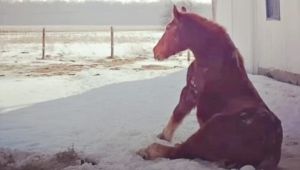





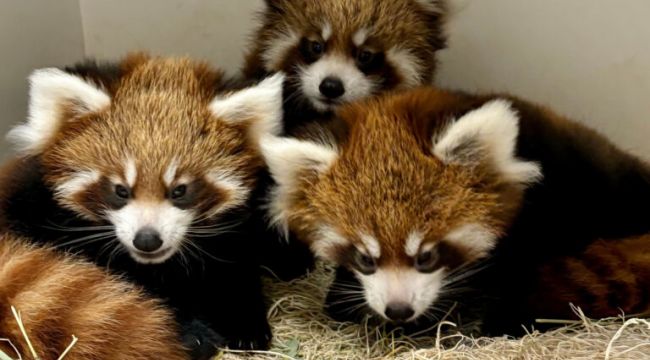



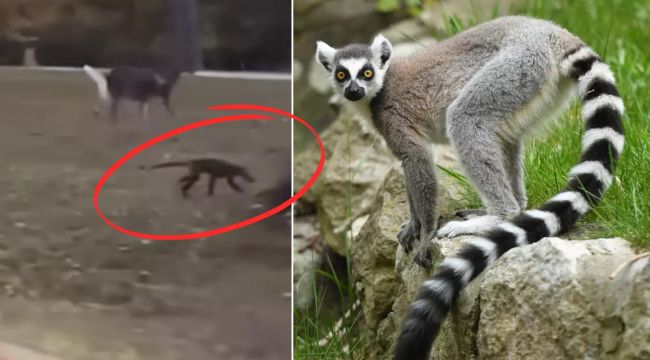
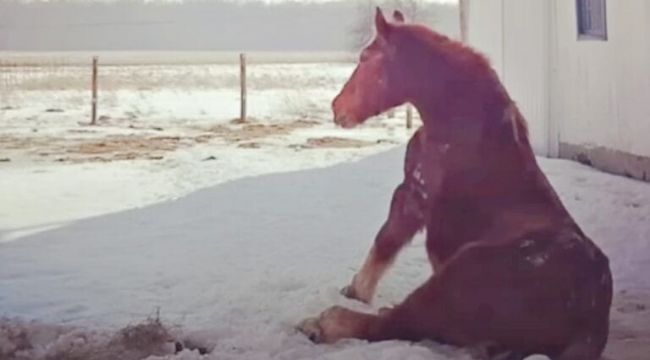
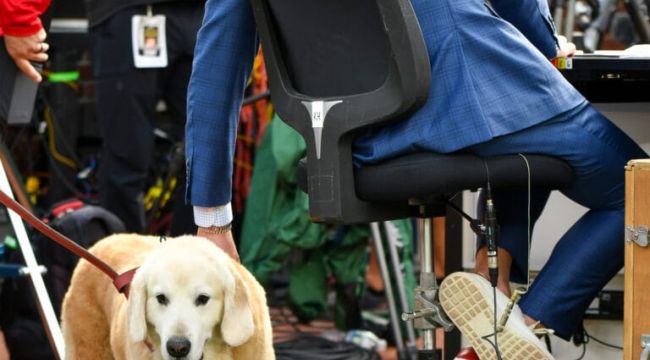








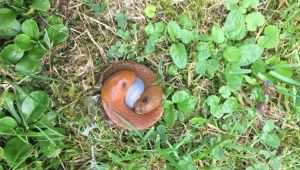
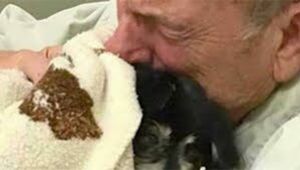
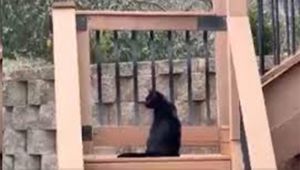
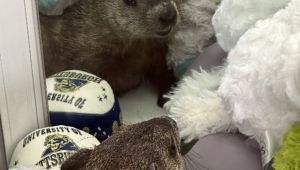
COMMENTS